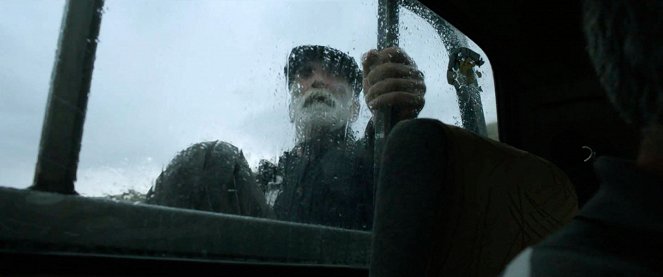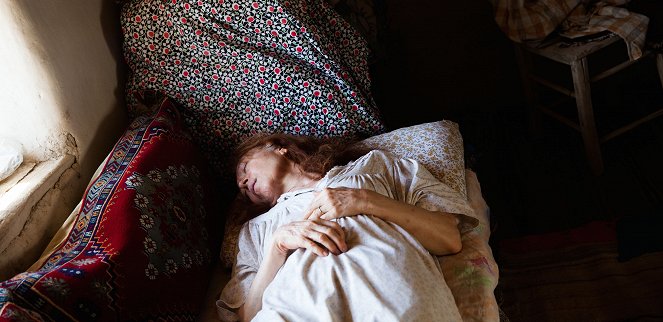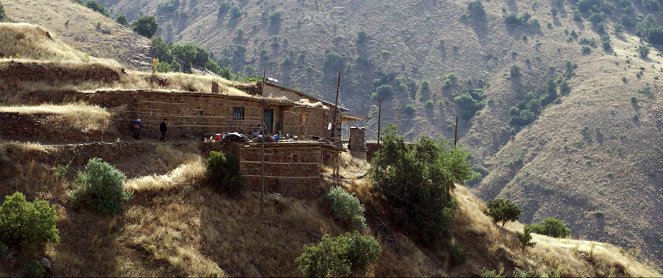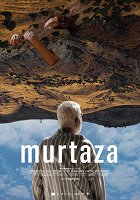Réalisation:
Özgür SevimliScénario:
Özgür SevimliPhotographie:
Ahmet BayerMusique:
Okan KayaActeurs·trices:
Cezmi Baskın, Kadir Çermik, Meral Çetinkaya, Kadim Yaşar, Mine Teber, Bülent Düzgünoğlu, İncinur Daşdemir, Hakan ŞahinRésumés(1)
Murtaza and his wife Sabure live in one of the mountain villages of Malatya in Eastern Anatolia. Sabure lost her eyesight years ago and the old man, who incidentally is an excellent cook, looks after his blind wife lovingly. At the start of the film we witness a very touching scene, which could be interpreted to prelude the narrative tempo. We see Sabure in a dark room into which sunlight pours through a window. She can no longer see the light, but perceives its warmth, and reaches her arms out to it, then leaves the house and walks with out-stretched arms that feel the warm breeze on her skin. All the while she prays to Allah to protect her house and family, as though she already knew what would come to pass later on in the plot. The couple’s two grown-up children live in Istanbul. One day when Murtaza calls them on the phone, he learns that his daughter is very sick. So he sets off to Istanbul, but does not inform his wife about the state of the daughter’s health. Instead he pretends that everything is fine. When the daughter subsequently dies, he continues to hide this fact from his wife, who becomes increasingly silent and introvert. But in a small village, where everyone knows one another and everyone lovingly calls the old man “Uncle Murtaza”, it is not easy to hide the truth. For whom is the situation more difficult? The one who hides the truth, or the one it is hidden from? Those are the questions at the centre of this neo-realist inspired parable about truth and lies. (Internationales Filmfestival Mannheim-Heidelberg)
(plus)Photos (5)
Photo © Kurmaca Film

Photo © Kurmaca Film

Photo © Kurmaca Film

Photo © Kurmaca Film

